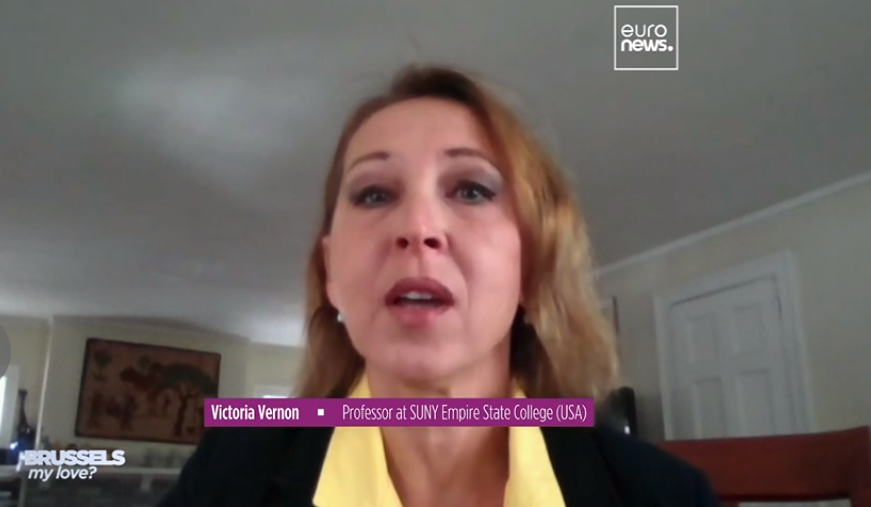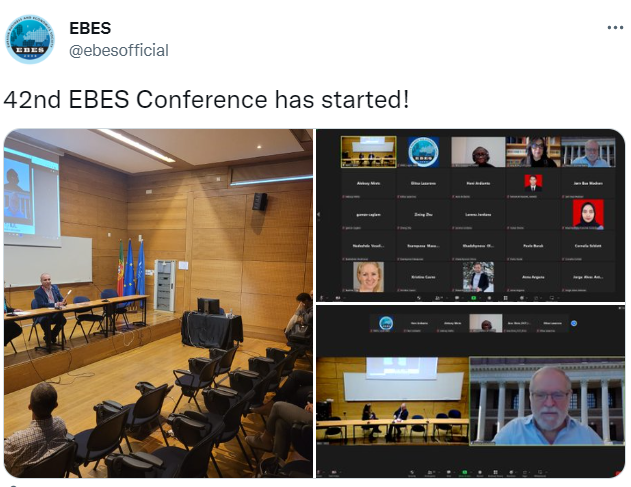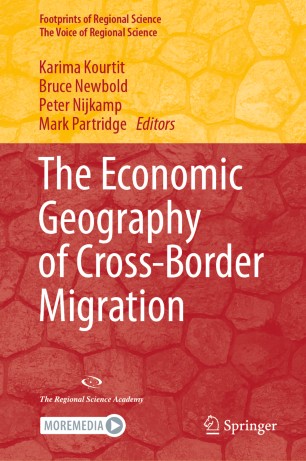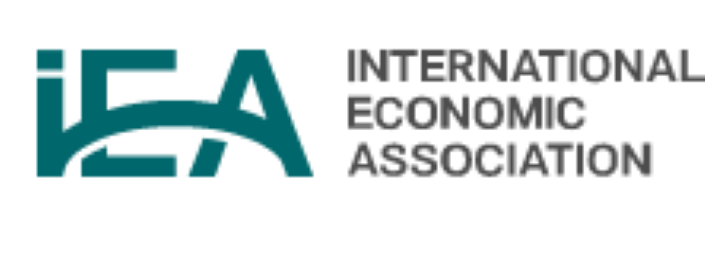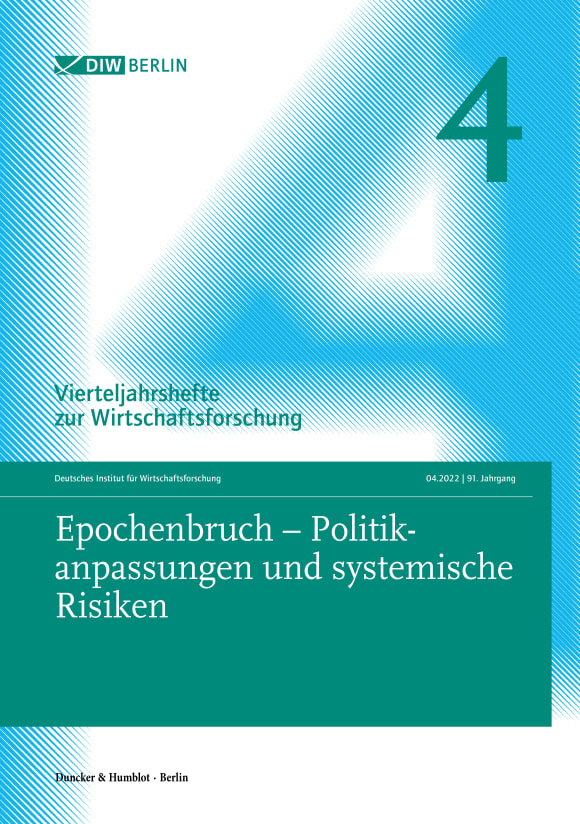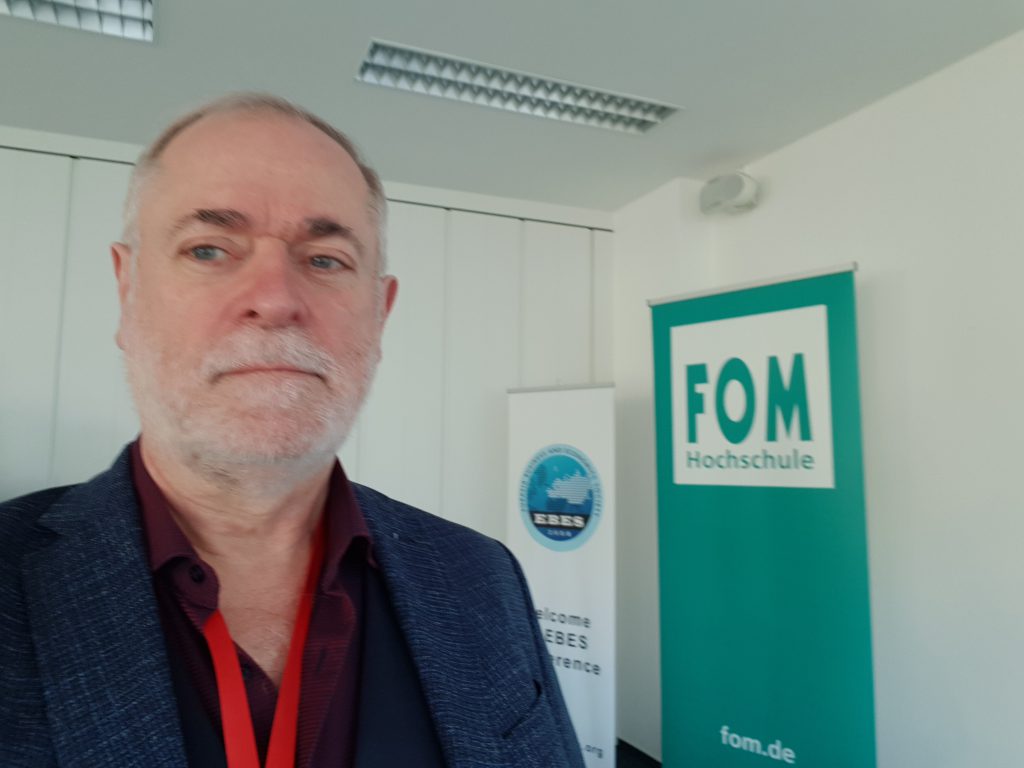January 11, 2023. The openDemocracy platform has published an opinion piece by Victoria Vernon & Klaus F. Zimmermann on:
Why Fortress Europe won’t solve the migration crisis
– and what will.
Europe wastes money on futile border fences when better solutions are staring it in the face.
LINK to the published article on the openDemocracy platform.
The article
Why Fortress Europe won’t solve the migration crisis – and what will by Victoria Vernon & Klaus F. Zimmermann in: openDemocracy, January 11, 2023.
It’s time to rethink EU migration policy. New walls are being built in Europe, but they will not solve the present crisis – and the money could be far better spent.
Instead, Serbia is constructing a fence on its border with North Macedonia and plans another to prevent crossings from Bulgaria. Greece is planning to extend its high-tech 40-kilometre-long, 5-metre-high steel, concrete and barbed wire fence on the border with Turkey by a further 140 kilometres.
Over the past two years Poland, Lithuania and Latvia have fortified their borders with Belarus by erecting fences of steel and barbed wire at a cost of more than half a billion euros. Several years earlier, Hungary spent €1.64bn erecting steel and razor-wire barriers on its borders with Serbia and Croatia.
Around 1800 kilometres of border walls and fences have been built on the perimeter of the EU in the past decade. The hefty prices include cameras, heat sensors, drones, armed vehicles and guards to patrol and keep the outsiders out, as well as the costs of reduced trade between neighbours and damaged wildlife.
The new militarised borders are intended to slow down the inflow of irregular migrants entering the EU from the east along the western Balkan route. Over 228,000 undocumented asylum seekers from the Middle East, North Africa and Asia entered the EU last year, half of them along the Balkan route. That was a substantial increase on 2021, sparking fears of another refugee crisis similar to the one that sent a million undocumented refugees to the EU in 2015-16.
Yet these expensive walls are unlikely to stop the refugees. If the wall can’t be scaled with ladders, it can be walked around: the wall on the Polish-Belarusian border may be 186 kilometres long, but that leaves 232 kilometres of the border unfenced.
Nevertheless, these longer walls do force would-be migrants to take more dangerous routes. They also permit higher profits for smugglers and traffickers of people. For example, even though fewer refugees were apprehended in Hungary after the fence was built, the number of human smugglers arrested increased, and thousands of migrants continued to cross the southern Hungarian borders heading for western Europe.
The long journeys of asylum seekers include dangerous crossings of seas or rivers, sleeping rough in cold and heat, and abuse by people smugglers. According to the Missing Migrants Project, more than 25,000 people have gone missing in the Mediterranean alone since 2014.
Why take such risks? Refugees from Afghanistan may be escaping Taliban rule. Those from Turkey, Iraq and Syria may be fleeing wars. Economic migrants from Tunisia, Egypt, Bangladesh, Algeria and Morocco are determined to reach the EU to escape poverty, earn living wages and build a better life. Yet the EU meets them all with walls, barbed wire and filthy refugee camps.
There is a precedent for solving migration issues with humane policies, not walls. The war in Ukraine drove four times as many refugees into the EU in 2022 than the conflict in Syria did in 2015-16. In contrast, the status of Ukrainian refugees is regulated.
Over 4.8 million of them, mostly women and children, have registered for the EU’s temporary protection scheme or other national programmes, including over 1m in Poland and Germany, and over 100,000 in the Czech Republic, Italy, Spain, the UK, Bulgaria and France.
The EU’s Temporary Protection Directive allows Ukrainians to move freely between member states, gives them instant rights to live and work, and offers access to benefits like housing and medical care for up to three years.
While migrants are a net cost in the short run, in the long run they are taxpayers. Some will assimilate and settle in the EU, thus helping relieve its worker shortage and demographic crisis.
Why not adopt the same policies for Arab and African migrants? Governments can provide asylum-seekers with temporary accommodation, legal pathways to obtain jobs, language classes and modest financial support. Private companies can invest in human capital by training and hiring these workers. Once employed or in school, the young men – most of these migrants are young men – will pay taxes and productively contribute to the host society.
The fears that natives lose jobs to migrants are largely overstated, because migrants tend to take less desirable jobs. Moreover, they create new jobs within and outside diaspora communities – in other words, groups of migrants in host countries who have come from the same original culture.
If people in host countries are worried about an excess of young male migrants, the EU can design a ‘merit’ migration system like the one in Canada to welcome families with young children. Local diasporas and personal sponsors can be asked to support new migrants and bear some responsibility for their housing, language training and employment. With more support and mentoring available, migrants will be better able to assimilate into the EU culture.
There are some hopeful signs. The new Slovenian government is removing a 143-kilometre razor-wired border fence with Croatia, built during the 2015-16 refugee crisis, due to its ineffectiveness. Let’s hope that other countries will follow suit, and use the lessons of regulated migration of Ukrainian refugees to address the problem of other migrants in Europe and beyond.
The Op-ed is related to previously published research by the authors, in particular to the article “Walls and Fences: A Journey Through History and Economics”.
Walls and Fences: A Journey Through History and Economics
by Vernon, Victoria & Zimmermann, Klaus F.
In: Kourtit, K., Newbold, B., Nijkamp, P., Partridge, M. (Eds.), The Economic Geography of Cross-Border Migration, pp. 33-54.
Access to the published article
Article Abstract
Throughout history, border walls and fences have been built for defense, to claim land, to signal power, and to control migration. The costs of fortifications are large while the benefits are questionable. The recent trend of building walls and fences signals a paradox: In spite of the anti-immigration rhetoric of policymakers, there is little evidence that walls are effective in reducing terrorism, migration, and smuggling. Economic research suggests large benefits to open border policies in the face of increasing global migration pressures. Less restrictive migration policies should be accompanied by institutional changes aimed at increasing growth, improving security and reducing income inequality in poorer countries.
Ends;


